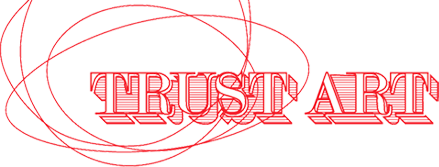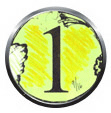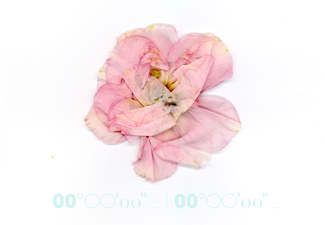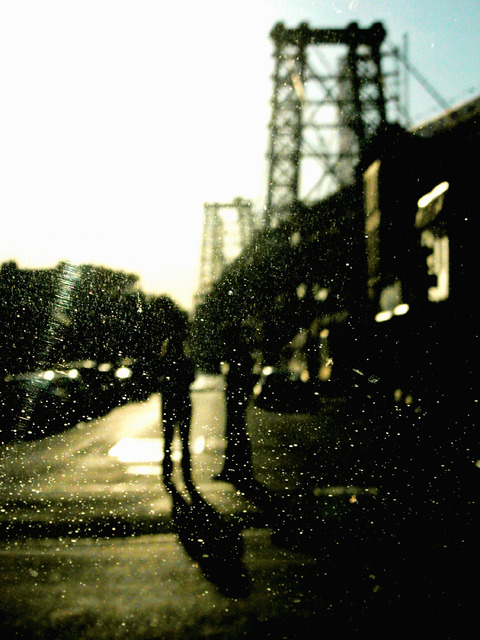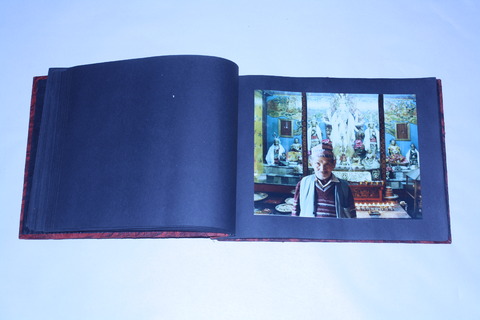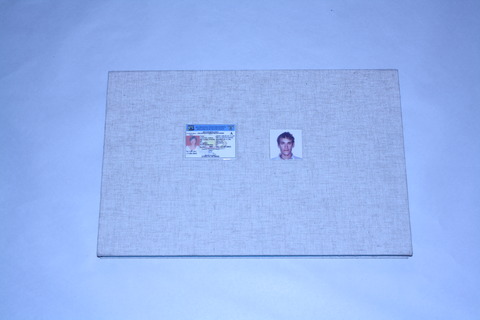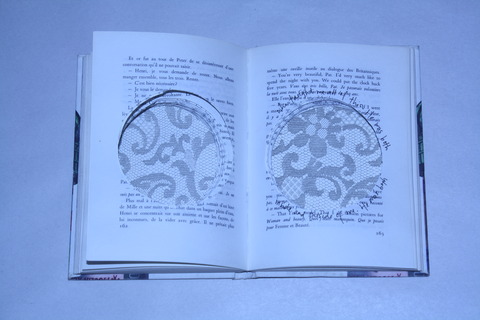Perfumery School
At a certain point I wanted to get more serious and take classes in perfumery. After all, I lived in New York City, where everything is available, right? I hunted for perfume classes for nearly two years. I searched art schools and beauty schools. I spent countless hours on the internet. Nothing. Eventually, I learned a couple of things: there are perfumery schools in France, and there are schools within the big international scent manufacturing corporations.
The most well-know perfumery school is ISIPCA in Versailles, a three year program requiring a bachelor’s degree in chemistry, and of course, fluency in french. Having neither, that didn’t seem like an option for me.
Most perfumes on the mass market are created alongside flavors and scents for what is called functional perfumery, or the countless detergents, deodorants, and generic floor washes, at companies such as Givaudan, Firmenich, IFF, Symrise, and Takasago. There are smaller companies which manufacture scents, and of course there have always been the niche fragrance houses. (Chandler Burr, the perfume critic for the New York Times, wrote an illuminating book on the development and creation of two mass-market perfumes, one by Hermes and the other, Sarah Jessica Parker’s Lovely, in a book called The Perfect Scent.) Many of these larger manufacturing companies have schools internally to train their employees, but truthfully, I was not interested in working in a big corporation. I wanted to learn the art of perfumery, not the art of perfumery within the guidelines of a huge corporation swayed endlessly by the market and profit margins.
All this to say that eventually, after making up in my mind that I had to study perfumery, no matter what the obstacles, that I would quit my job and beg to be an apprentice if need be, I found a school. I am now one of twelve students attending the Grasse Institute of Perfumery in a village in Southern France for one year.
 February 18, 2009 at 6:46 |
February 18, 2009 at 6:46 |  1 Comment
1 Comment 